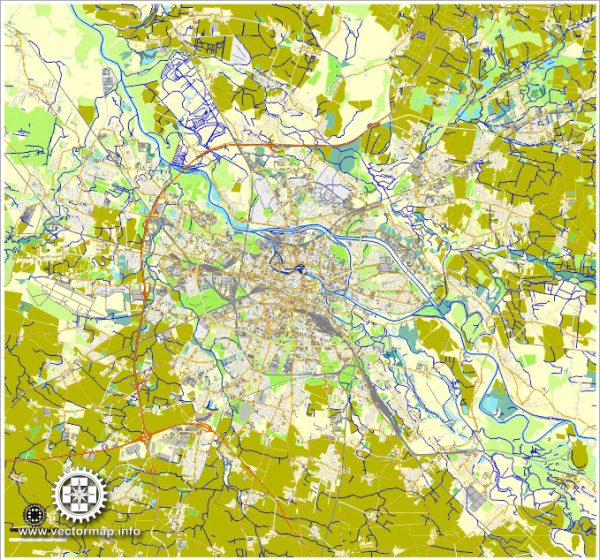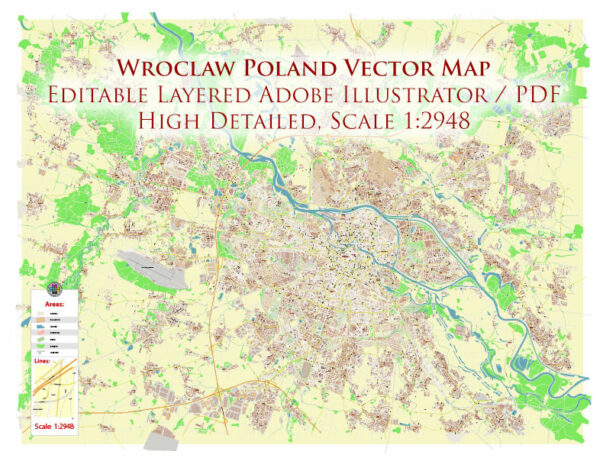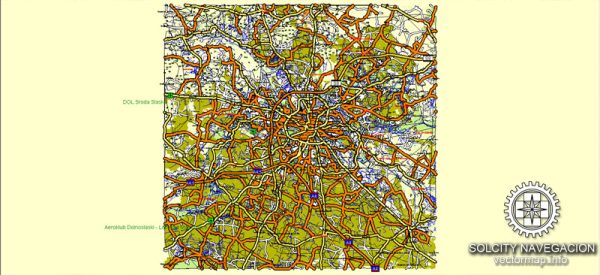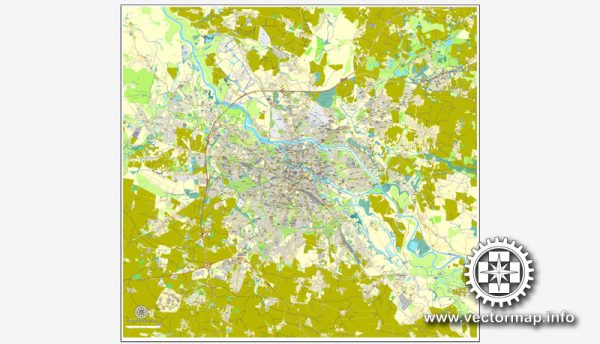Wrocław, often anglicized as Breslau in German, is a city located in western Poland. It is the largest city in the historical region of Silesia and is the capital of the Lower Silesian Voivodeship. Here are some key facts about Wrocław:
- History: Wrocław has a rich and diverse history. It was founded in the 10th century and has been part of various historical states, including the Kingdom of Poland, the Kingdom of Bohemia, the Austrian Empire, Prussia, and Germany. After World War II, it became part of Poland.
- Architecture: Wrocław boasts a blend of architectural styles due to its complex history. You can find Gothic, Baroque, and Renaissance architecture, as well as modern buildings. The city’s Market Square (Rynek) is one of the largest medieval squares in Europe.
- Culture: Wrocław is known for its vibrant cultural scene, including theaters, museums, and music venues. The city hosts numerous festivals and events, such as the Wrocław Good Beer Festival and the Wrocław Film Festival.
- Education: Wrocław is home to several universities, including the University of Wrocław, which is one of the oldest in Poland and a prominent center of learning in the country.
- Economy: The city has a diverse economy, with industries such as information technology, pharmaceuticals, and manufacturing playing a significant role. It is a hub for business and trade in the region.
- Tourism: Wrocław is a popular tourist destination, with its historic architecture, picturesque bridges, and a network of canals. The city is often called the “Venice of Poland” because of its extensive system of waterways.
- Multiculturalism: Due to its history of changing hands between different nations, Wrocław has a multicultural heritage. This diversity is reflected in the city’s food, traditions, and cultural influences.
- Landmarks: Some of the city’s notable landmarks include the Wrocław Cathedral, Centennial Hall (a UNESCO World Heritage Site), and the Wrocław Fountain. The city is also famous for its dwarf statues, which can be found throughout the city.
- Transportation: Wrocław has a well-developed transportation network, including an international airport (Wrocław Nicolaus Copernicus Airport), a train station, and a network of trams and buses.
- Festivals: Wrocław hosts various events and festivals throughout the year, celebrating music, culture, and food. One of the most famous festivals is the Wrocław Christmas Market, which transforms the city into a winter wonderland during the holiday season.
Wrocław is a dynamic and culturally rich city with a lot to offer, making it a fascinating destination for travelers and a thriving place to live.





 Author: Kirill Shrayber, Ph.D. FRGS
Author: Kirill Shrayber, Ph.D. FRGS